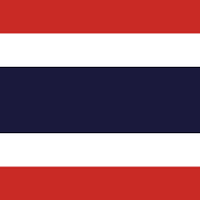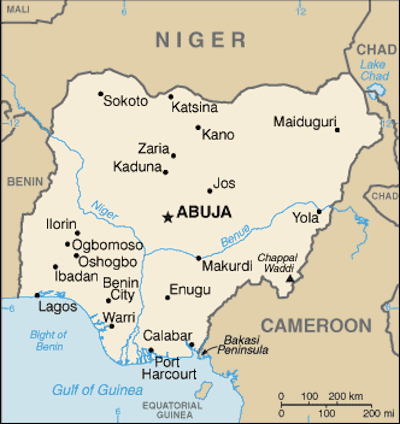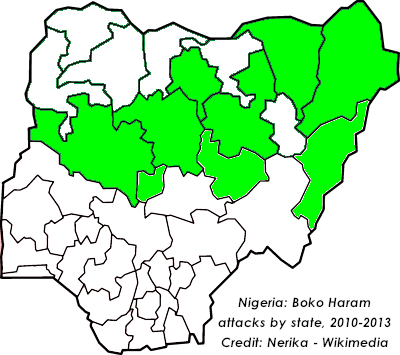It’s been about a year since the House Republicans made up a scandal from whole cloth, and even less time since it was revealed to have never actually happened (see below). And yet, somehow, this just happened anyway:
The House voted Wednesday to hold former IRS official Lois Lerner in contempt of Congress for her refusal to testify about the agency’s targeting of conservative groups.
The 231-187 vote attracted just six of the most politically vulnerable Democrats. It was quickly followed by a 250-168 vote calling on Atty. Gen. Eric H. Holder Jr. to appoint a special prosecutor to take over the Justice Department’s investigation of the Internal Revenue Service scandal.
 At least when they won’t shut up about Benghazi, there’s some room (but not much!) for mystery and debate. In stark contrast, this is a scandal where the precipitating event actually never happened.
At least when they won’t shut up about Benghazi, there’s some room (but not much!) for mystery and debate. In stark contrast, this is a scandal where the precipitating event actually never happened.
I wonder how one goes about covering up something that didn’t happen in the first place?
I’m starting to feel like a broken record just copying & pasting the same post over and over every time news about this comes up:
Did someone forget to tell [insert any Republican here] that it turned out that the supposed IRS “scandal” was made up? Like, not even partially a thing that ever actually happened? Because, you know, the rest of us got that point cleared up quite a while back, last June. As I wrote then:
The so-called IRS scandal just fell apart completely as documents surfaced showing they were also scrutinizing applications for left/liberal/progressive code words, not just tea party code words. In other words, they were doing their jobs, not being partisan.
So why did it take so long for IRS documents showing targeting of progressives to show up after those showing tea party targeting? Oh, no reason, except that House Republicans specifically asked the IRS to audit ONLY its records on tea party groups. So NBD, they just 100% manufactured a fake scandal from thin air.
The IRS doing its job, and applying that equally to both conservative and liberal scofflaws, is not a scandal.




 Thailand high court pulls a
Thailand high court pulls a 
